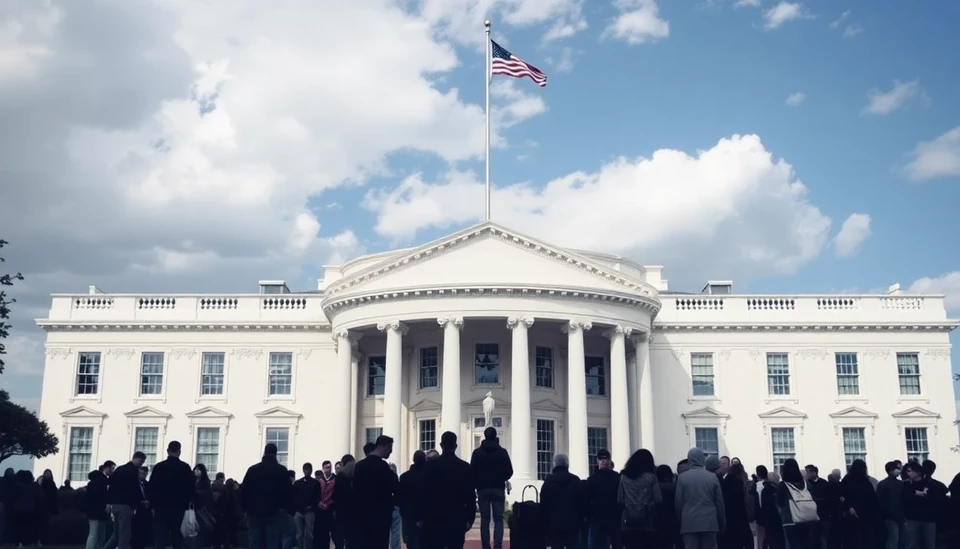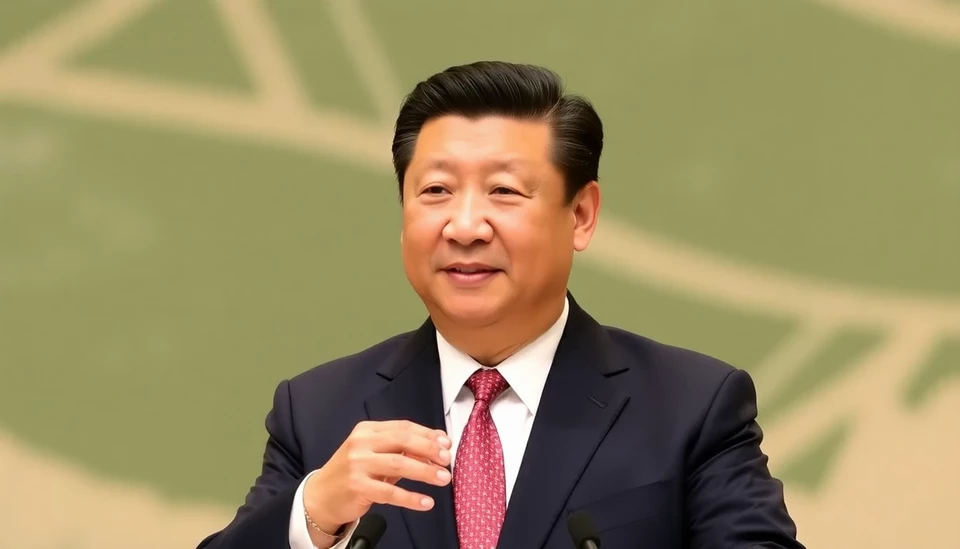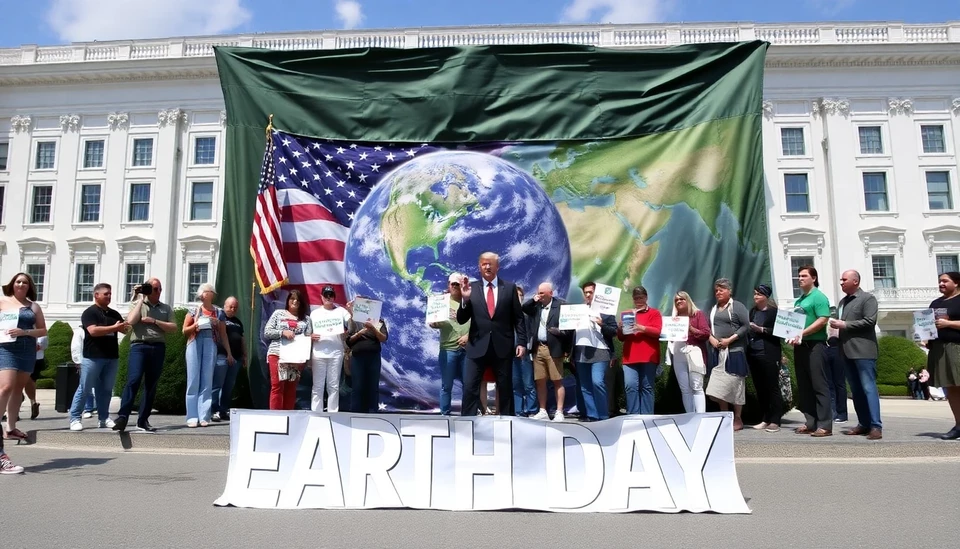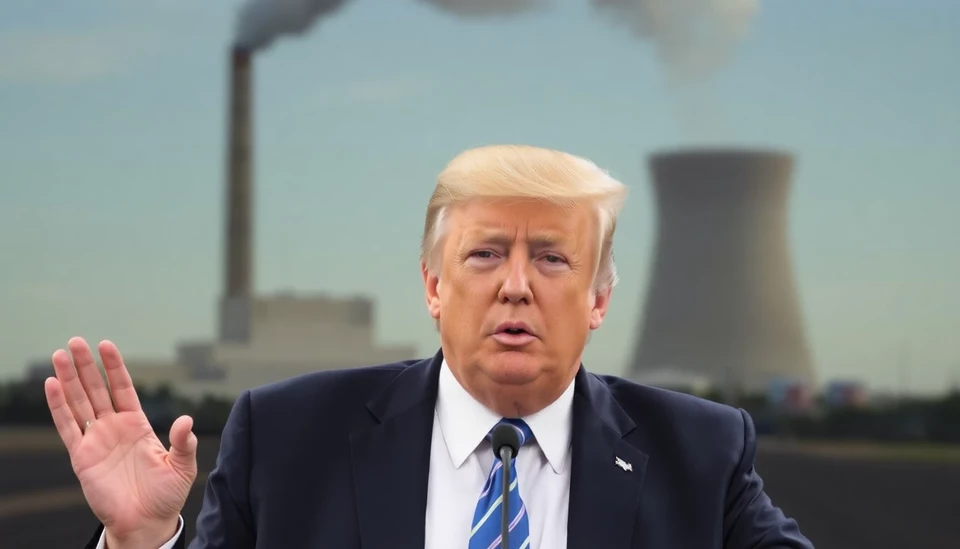
The Biden administration is currently deliberating a significant policy change that could negatively impact various green advocacy groups across the nation. Reports suggest that new regulations are being discussed that would impose stricter guidelines on how environmental organizations can operate and fundraise. This decision comes as part of a broader strategy to recalibrate the relationship between the federal government and environmental activists in light of growing concerns over the influences of money in politics.
Sources close to the administration indicate that these proposed changes are aimed at enhancing transparency and accountability within environmental non-profits. The White House believes that the new measures would help prevent potential misuse of funds and guarantee that the resources are directed toward genuine sustainability efforts rather than political agendas.
However, this move has drawn sharp criticism from green groups, which argue that such regulations could hamper their ability to advocate for crucial environmental issues. Leaders of these organizations fear that increasing bureaucratic oversight would stifle their capacity to mobilize support and fundraise effectively. They contend that the regulations might not only curtail their operational flexibility but also influence public perception of environmental activism negatively.
The implications of this potential policy shift extend beyond just environmentalists. Many observers are concerned that similar measures could be extended to other advocacy groups, which would set a precedent for increased governmental control over how non-profit organizations function across various sectors.
Advocates for the proposed changes argue that such oversight is necessary to combat the influence of dark money in politics, particularly concerning environmental issues. They highlight the need for clear guidelines that ensure funding is allocated to legitimate causes and held accountable. The administration's discussions are still in the early stages, and it remains unclear how they will ultimately align such regulations with their larger environmental goals.
As the situation develops, environmental organizations are expected to ramp up their lobbying efforts, attempting to influence the outcome of this potential policy before it is finalized. As they rally support from their networks and the general public, the administration will also be faced with the challenging task of balancing transparency with the need for activism in an era when climate change remains a pressing global issue.
Looking ahead, the administration's decision on this matter will likely have lasting ramifications for environmental discourse in the United States. Both supporters and opponents of the proposed regulations are bracing for what promises to be a contentious debate that highlights the ongoing challenges of managing environmental policy and advocacy within a complex political landscape.
As discussions continue, observers will be watching closely to see how this potential shift might affect the future of environmental activism and policy implementation across the country.
#EnvironmentalPolicy #GreenGroups #BidenAdministration #ClimateActivism #NonProfitRegulation
Author: Megan Clarke




